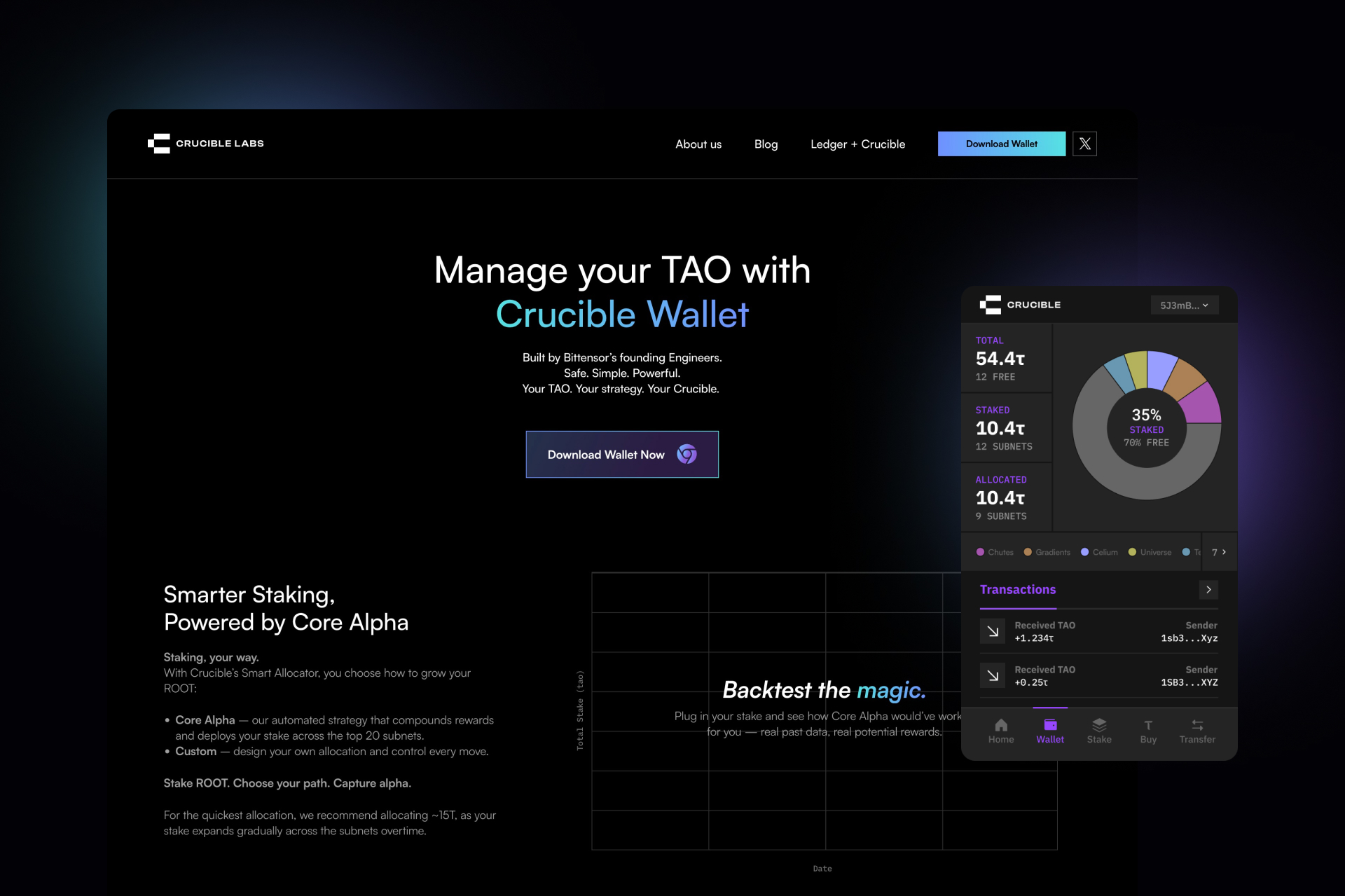Design hiring can feel like finding a needle in a haystack, especially now. Despite a market flooded with talent, many are struggling to find the right fit.
If you know me, you know about (and have likely made fun of) my tendency to look for the good in people. I look for potential, the advantage in every disadvantage, especially when it’s not obvious.
Maybe you've met the candidate that’s “really great but…” and you cut them loose. What was the “but”? Was it really a dealbreaker?
One candidate you’ve maybe come across: the career switcher.
This is the designer with a past life doing something else—maybe even in the industry you’re in—but with only 1-2 years as a designer. You maybe want a senior person, and 1-2 years isn’t enough. But while all the hard skills aren’t quite there, they’re great communicators and carry themselves with the maturity of a seasoned professional; in a stakeholder/client-facing situation, you think they’d do great.
Don’t dismiss prior career experience. So much of what gets a designer to that senior level is soft skills. I’ve hired a few career switchers, and given the right opportunities, some can close the hard skills gap quickly towards being the senior designer you're looking for.
Common mistakes
A few common mistakes that might cause you to miss out on high-potential candidates:
Dismissing candidates w/o [platform] experience
If you need a state-of-the-art, consumer-grade mobile app experience—then yes, mobile should be a hard requirement. If not, I might question whether mobile experience is a must-have. An experienced designer worth their salt can find the right resources, study the best of what exists today, and quickly grow into the mobile designer you need.
Dismissing candidates w/o [industry] experience
I appreciate wanting a designer that has experience in your industry, especially if you’re a mission-driven company in a complex industry like healthcare or finance. But I’d point out: many innovative and genuinely “fresh” solutions come from cross-industry pollination and remixing of ideas. I’d also consider the kinds of experiences and workflows the designer has worked on; even if the industry is not a match, you might be surprised by the similarities in challenges.
Bias towards/against big tech pedigree
A common, unfair assumption: big tech designers aren't “startup scrappy.” Conversely, some assume that designers with a startup-only background lack the level of training and polish of their big tech counterparts. I’ve seen both to be untrue, which leads me to my last watchout…
Not looking at the whole person
Big tech or startup. First career or second. Specialist, generalist, t-shaped, pi-shaped…
Sometimes it’s not about checking all the boxes, but instead how all the pieces come together, maybe in a way you didn’t know you wanted or needed.
Seeing potential, especially where others don’t—it’s a superpower worth learning.




